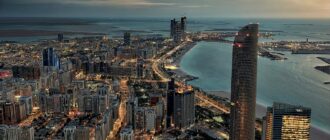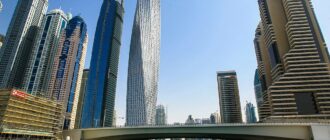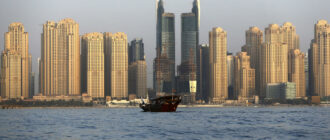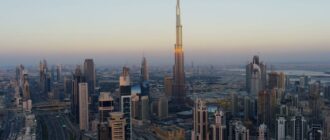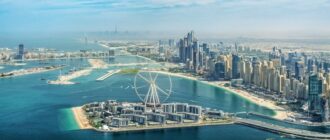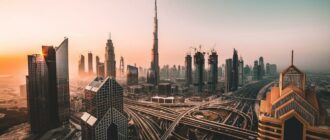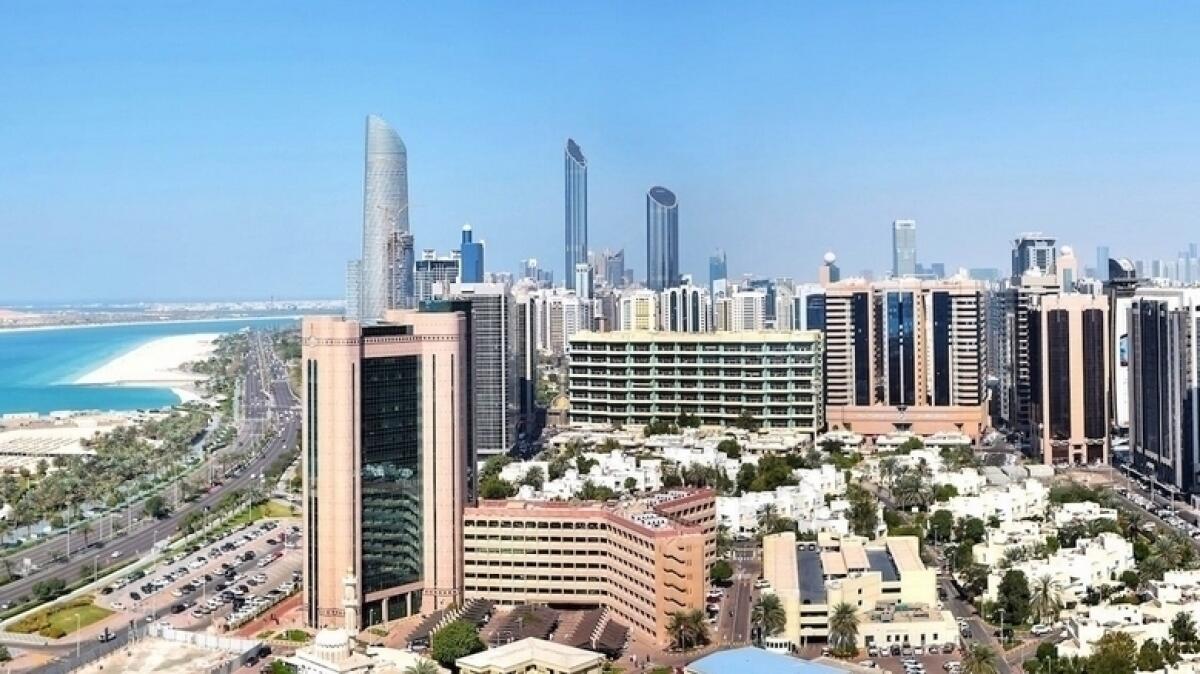
Dubai and Abu Dhabi have been ranked among the top five cities globally that have made the most improvements in real estate transparency, according to the latest Global Real Estate Transparency Index (GRETI) released by JLL.
Dubai’s real estate market has been one of the most sought-after among global cities, especially in the post-pandemic period, and it has attracted billions of dollars in foreign and local investments. According to data from the Dubai Land Department, the city recorded Dh37.3 billion in sales value in August 2024, a 33 per cent increase compared to the same month last year. Total sales volume grew by 36 per cent year-on-year in August, reaching 14,922.
The JLL’s transparency index classifies real estate into five categories – high, transparent, semi, low and opaque.
Ranked 28th globally in the index, Dubai has been listed as a transparent real estate market.
Stay up to date with the latest news. Follow KT on WhatsApp Channels.
India and Saudi Arabia were the top improvers in the JLL real estate transparency index during 2022-24, followed by UAE (Dubai and Abu Dhabi), the US, France, Australia, Canada, South Korea and China. Abu Dhabi was ranked 41st in the index due to the Abu Dhabi Real Estate Centre (ADREC) launch to improve oversight and efficiency and a new AI-enabled building information modelling (BIM) and planning review system.
James Allan, CEO of JLL for the Middle East and Africa (MEA), said the Dubai property market has benefited from the strong government focus on market effectiveness.
“Dubai has continued to enhance its data and service offerings through the Dubai REST platform, with additional improvements in anti-money laundering legislation and greater information availability from established and start-up market providers. Dubai’s efforts in providing increasingly detailed levels of sales, and more recently, rental transactions data, improvements in processes and governance, and the launch of various tech-based initiatives have helped it retain its transparent market ranking and capture significant investment flows,” he said.
Allan expects sustainability transparency to accelerate over the next two years as new or expanded requirements for companies to disclose their emissions and climate risks are implemented across many of the world’s largest economies.
“As sustainability is becoming a prerequisite for investment, we expect that this is an area where transparency will improve moving forward and, in turn, will help drive local markets further up the ranks. As a result, reporting on sustainability transparency is critical, as shown in the latest GRETI’s sustainability sub-component, which has seen the number of factors it tracks increase from 7 in 2018 to 14 in 2024,” he said. Allan
In addition to Dubai and Abu Dhabi, Saudi Arabia has also ranked among the top global improvers in this year’s GRETI.
“Higher transparency will play a key role in enabling some of the world’s largest urban development projects that are underway in Saudi Arabia, and its score has been boosted by the formalisation of the land registration system through the Real Estate Registry, public provision of digitised data on sales, leases and planning developments from the Real Estate Regulatory Authority, enhanced online services and deeper coverage of the market from data providers,” he said.

